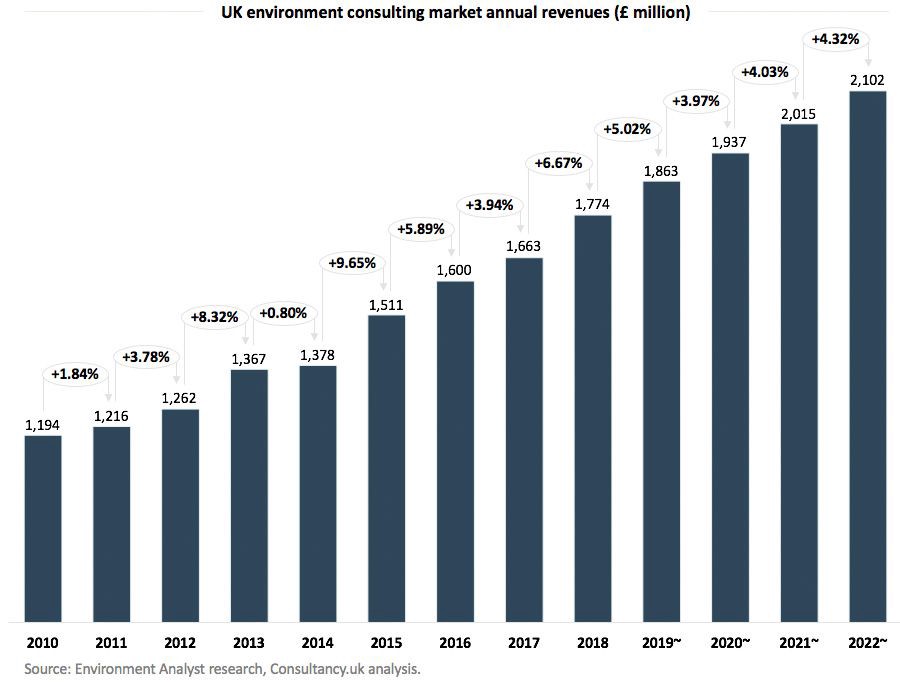
Fiduciary is a term used to describe someone who acts in the best interest of another person. It describes an individual who has a duty or obligation to protect another person's interest, regardless of whether they work for the client or against them. There are many ways that a fiduciary could protect the interests and assets of others. These include investing in diversified portfolios and avoiding conflicts.
Investing in a diversified portfolio
Diversifying your portfolio can help reduce market losses. Diversifying your portfolio across industries is important to reduce your exposure in any particular sector. You are directly exposed to the market and company risks by investing in individual stocks. To build a diversified portfolio, you should invest in a number of different stocks.
Before you can create a diversified portfolio, it is important to determine your risk tolerance as well as your investment goals. This way, you will know what type of investments are best suited to meet those goals. Consider your financial situation and timeline. For example, if your retirement date is 60-five years, it's a good idea to invest more in stocks than bonds. A well-diversified portfolio should be made up of both growth and dividend stocks.

Diversified portfolios reduce uncompensated risks for investors. Fiduciaries can reduce this risk by having a diverse portfolio. This will also increase the compensation risk. This helps to reduce portfolio volatility and reduce the financial harm that uncompensated risk can cause.
How to create an investment policy statement
Creating an Investment Policy Statement (IPS) is one of the most important fiduciary responsibilities. It provides a framework for portfolio construction and ongoing management efforts, and keeps clients focused on their stated goals. Both the client as well as the financial advisor must be able to easily understand it. It should include information that both clients and financial advisors can refer back to when needed.
An IPS should reflect the organization's mission and values. It should set clear goals and provide guidelines for risk-taking. It is also the basis for an organization's overall governance structure. It should include the responsibilities of the board of directors, relevant committees, and outside parties. It should be based upon best practices in nonprofit governance.
A well-written policy statement on investment usually contains the following sections. A well-written IPS explains how portfolios and results are managed. It should be understood and agreed on by the client as well as the advisor.

Avoiding conflicts
Avoiding conflicts of interest is an important step to follow if you are a fiduciary. Retail investors may find it difficult to understand and disclose conflicts of interest. Firms need to review their business models and client relationships in order to determine the potential risk of conflicting interest and develop strategies to reduce them.
It is crucial to disclose and get consent for any potential conflict of interests. In all cases, it's best to be prudent. Investment Advisers Act mandates that investment advisors adhere to strict fiduciary standards. Rule 204A-1 requires investment advisers to reflect their fiduciary obligations, supervise employees and avoid conflicts of interest. This may seem like an easy requirement, but failure to disclose conflicts could lead to disciplinary actions or breach of fiduciary duties claims.
A fiduciary who is also a beneficiary can be a problem. This can cause problems because beneficiaries can challenge the impartiality or integrity of the fiduciary. This could result in civil liability or even removal from the position.
FAQ
Do I need legal advice?
Yes! Yes. Many consultants will create contracts for clients without seeking legal advice. This can create problems down the line. If the client terminates an agreement with the consultant before the completion date, what are the consequences? What happens if your consultant doesn't follow the contract deadlines?
It's best to consult with a lawyer to avoid potential problems.
What skills is required to consult?
A consultant should have strong analytical skills as well as interpersonal skills. This is because you could be asked questions or not know what you are doing. You need to be able to manage people quickly and solve problems efficiently.
You also need to have excellent communication skills. Most clients expect an answer within 24 hours. If they don't hear back from you, they assume you aren't interested. It's crucial to keep them informed and make sure they understand everything.
Are consulting incomes subject to tax?
Yes, you must pay tax on the consultancy profits. The amount depends on how much you earn per year.
If you are self-employed, expenses can be claimed on top of your salary. These expenses include rent, childcare and food.
You can't deduct the interest on loans, vehicle damage, or equipment costs.
You can only claim back 25% of your expenses if you earn less than PS10,000 a year.
Even if you earn more than the threshold, you could still be taxed depending upon whether you are classified as a contractor and/or employee.
Employees are generally taxed through PAYE (pay as you earn) and contractors through VAT.
Statistics
- On average, your program increases the sales team's performance by 33%. (consultingsuccess.com)
- According to statistics from the ONS, the UK has around 300,000 consultants, of which around 63,000 professionals work as management consultants. (consultancy.uk)
- Over 62% of consultants were dissatisfied with their former jobs before starting their consulting business. (consultingsuccess.com)
- WHY choose me: Why your ideal client should choose you (ex: 10 years of experience and 6-week program has helped over 20 clients boost their sales by an average of 33% in 6 months). (consultingsuccess.com)
- "From there, I told them my rates were going up 25%, this is the new hourly rate, and every single one of them said 'done, fine.' (nerdwallet.com)
External Links
How To
What does a typical day look like for a consultant?
Depending on what type of work you do, your typical day may vary. But generally speaking, you will spend time researching and planning new ideas, meeting clients, and preparing reports.
Meetings are a common way to discuss problems and issues with clients. These meetings can take place over the phone, via email, online, or face to face.
Also, proposals are documents that outline your ideas or plans for clients. These proposals should be discussed with a mentor or colleague before being presented to clients.
After all the preparation and planning, it's time to actually create some content. You might be creating articles, videos, editing photos, writing interviews, or designing websites.
Depending on your project's scope, it may be necessary to do research to get relevant statistics. It may be necessary to know how many customers are currently using your products or services.
Once you have gathered enough information, it's time to present your findings to clients. Your findings may be delivered orally, or written.
After your initial consultation, you should follow up with your clients. For example, you could call your clients periodically to check how things are going. Or send them emails asking them to confirm they have received the proposal.
While this can be a slow process, it's essential to remain focused and maintain good working relationships with clients.